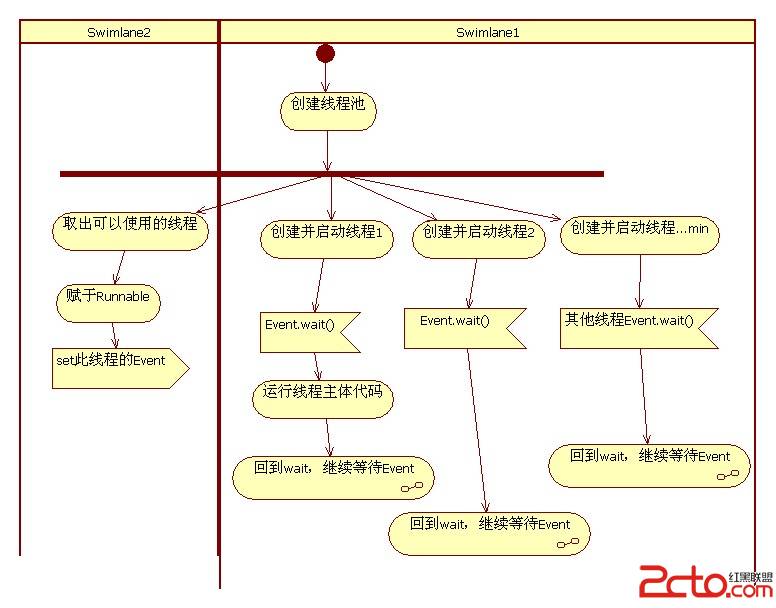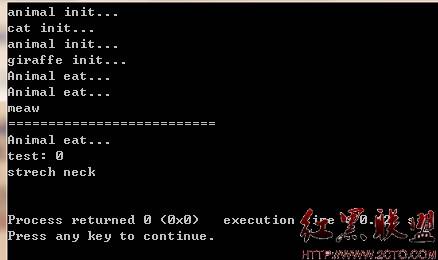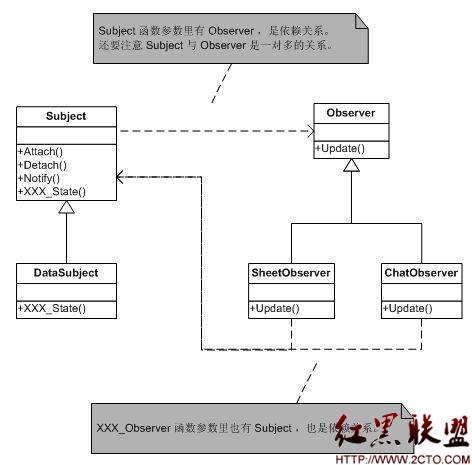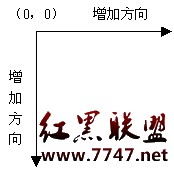设置缓存失效的三种方式
效果当在规定时间内访问一个网页时,网页上的内容咱是保持不变,时间一过,网页上的内容就会重新访问服务器,获取数据。
前台:
<%@ Page Language="C#" AutoEventWireup="true" CodeBehind="WebForm1.aspx.cs" Inherits="缓存.WebForm1" %>
<!DOCTYPE html PUBLIC "-//W3C//DTD XHTML 1.0 Transitional//EN" "http://www.w3.org/TR/xhtml1/DTD/xhtml1-transitional.dtd">
<html xmlns="http://www.w3.org/1999/xhtml">
<head runat="server">
<title></title>
</head>
<body>
<form id="form1" runat="server">
<div>
<asp:GridView ID="GridView1" runat="server">
</asp:GridView>
</div>
</form>
</body>
</html>
后台:
protected void Page_Load(object sender, EventArgs e)
{
if (!IsPostBack)
{
if (Cache["news"] == null)
{
DataTable dt = LoadData();
//将缓存和外部文件关联,外部文件以改变,缓存立即失效
//Cache.Insert("news", dt, new CacheDependency(@"d:\cache.txt"));
//为缓存设定一个绝对时间,让缓存在这个时间到的时候失效
//Cache.Insert("news", dt, null, DateTime.Now.AddSeconds(20), TimeSpan.Zero);
//为缓存设置一个相对时间,让缓存在这个时间到的时候失效
Cache.Insert("news", dt, null, DateTime.MaxValue, TimeSpan.FromSeconds(30));
//简单的设置一个缓存
Cache.Insert("news", dt);
this.GridView1.DataSource = dt;
this.GridView1.DataBind();
}
else
{
DataTable dt = Cache["news"] as DataTable;
this.GridView1.DataSource = dt;
this.GridView1.DataBind();
}
}
}
private DataTable LoadData()
{
string strcon = ConfigurationManager.ConnectionStrings["Sqlserver"].ConnectionString;
SqlConnection conn = new SqlConnection(strcon);
SqlCommand cmd = conn.CreateCommand();
cmd.CommandText = "pro_FenYe";
cmd.CommandType = CommandType.StoredProcedure;
cmd.Parameters.AddWithValue("@pagesize",500);
cmd.Parameters.AddWithValue("@pageindex",1);
DataTable dt = new DataTable();
SqlDataAdapter adapter = new SqlDataAdapter(cmd);
adapter.Fill(dt);
cmd.Dispose();
conn.Dispose();
return dt;
}
}
web.config中的设置时间的代码:
<system.web>
<compilation debug="true" targetFramework="4.0" />
<caching>
<sqlCacheDependency pollTime="500">
<databases>
<add name="sqldependency" connectionStringName="Sqlserver"/>
</databases>
</sqlCacheDependency>
</caching>
</system.web>
补充:软件开发 , C语言 ,




